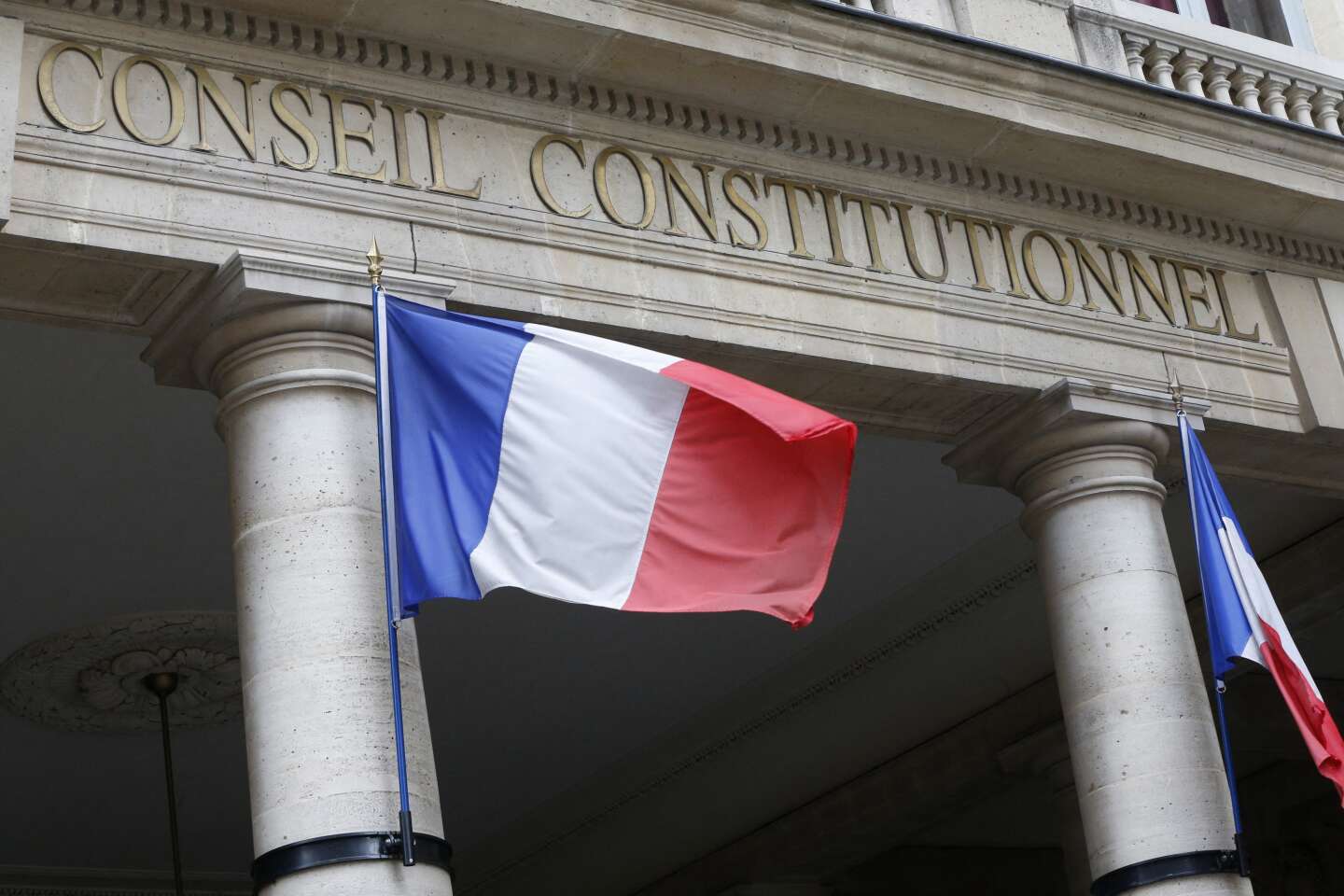


When he reproached French President Emmanuel Macron in veiled terms for his lack of deference to the rule of law [...] on January 8, [President of the Constitutional Council] Laurent Fabius gave us an idea of just how far Macronism has strayed from its original ideological foundation.
A look back at the conditions under which the immigration law was adopted on December 19, 2023, is necessary to appreciate the allusion made by the president of the Constitutional Council, who did not appreciate that a political majority should accept the risk of adopting provisions contrary to the Constitution to secure the adoption of a bill in Parliament.
As soon as the ink was dry, the leaders of the majority immediately recognized that the bill was tainted by provisions likely to be rejected by the Constitutional Council. From the article abolishing the automatic right to French nationality based on jus soli to the measures introducing national preference for the payment of certain social benefits, many aspects of the reform were tolerated, under pressure from [right-wing] Les Républicains MPs on Parliament's joint committee, by an executive branch ready to concede anything for the bill to be adopted.
The head of state immediately referred the text to the nine members of the Constitutional Council, well aware of the potential unconstitutional flaws in the text. So it was in full conscience that he asked his majority to accept the risk of disregarding the Constitution.
This is an unprecedented situation in the Fifth Republic. To appreciate its magnitude, one need only compare Macron's strategy to the republican asceticism imposed by Michel Rocard (1930-2016) when he was prime minister between 1988 and 1991, during the second seven-year term of President François Mitterrand (1916-1996).
'Second Left'
Why this contextualization? Rocard was first and foremost a politician who embodied the current of the "Second Left." Specialists agree it is one of the sources of inspiration for the original Macronism, social liberalism, from which the current head of state, now hostage to a right-wing opposition on which the ideas of the far right are rubbing off, is moving further away year by year.
Rocard had to assume his responsibilities as French prime minister in a situation similar to the one in which the executive branch finds itself since the legislative elections of June 2022, namely that of a relative majority in the Assemblée Nationale, which makes it impossible to legislate serenely without depending on ad hoc agreements with more or less hostile lawmakers.
You have 65% of this article left to read. The rest is for subscribers only.
